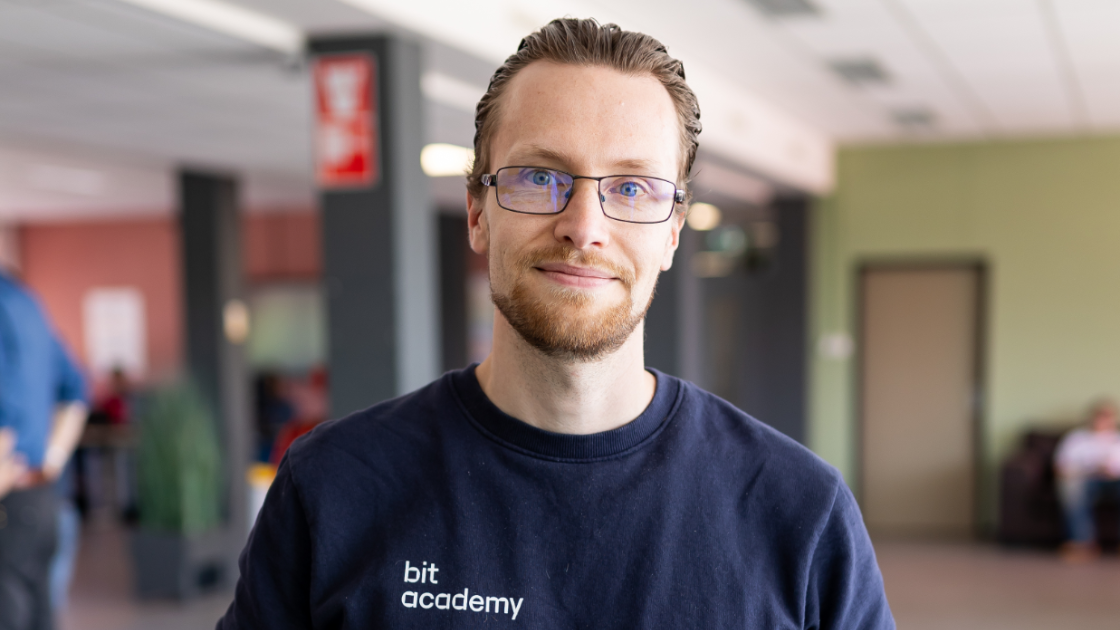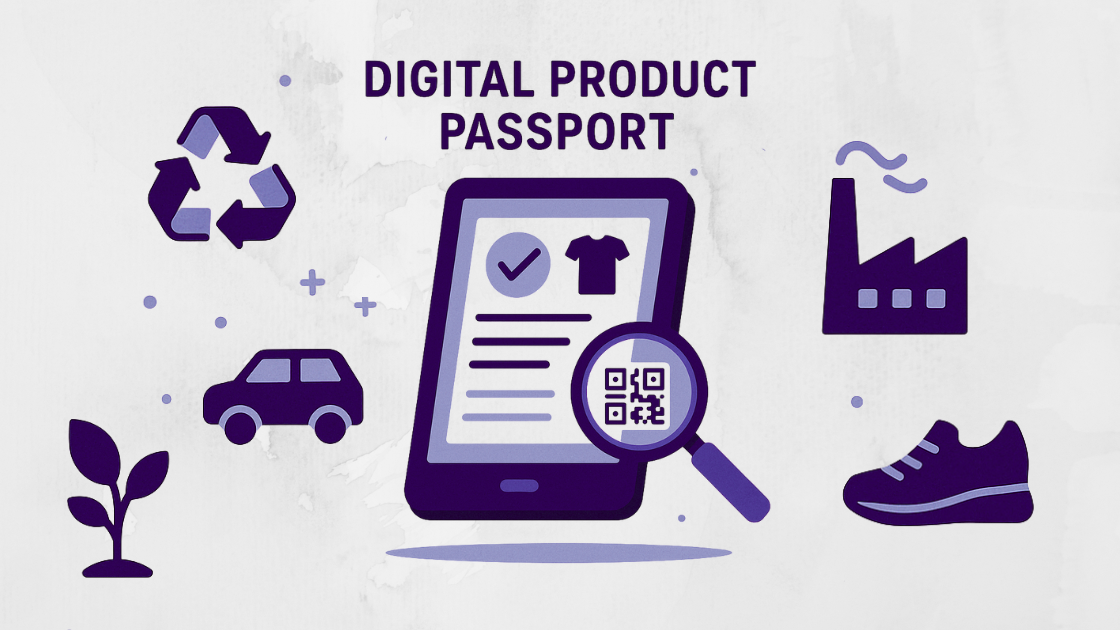Lead the Change: How ChainCraft transforms food waste into sustainable chemistry
The chemical industry is one of the largest contributors to global emissions and often relies on petroleum and palm oil. But what if there was a way to make it sustainable using food waste instead? ChainCraft is proving it’s possible. The company developed technology that converts food waste into high-quality fatty acids. These circular raw materials can directly replace fossil-based alternatives. They offer greater sustainability without higher costs and are ready to make a large-scale impact. According to CEO Marc den Hartog, this is exactly what the chemical industry needs: an affordable, widely applicable, and scalable circular alternative.

Turning Agri-Food Waste into Chemical Building Blocks
ChainCraft transforms agricultural food waste streams from processing potatoes, fruit, and sugar beets into fatty acids. These are used in products ranging from animal feed to food flavourings and household cleaners. The technology is unique because it provides a 'drop-in' alternative: the same chemistry but produced circularly.
“We deliver the same chemical building blocks as palm oil or petroleum but made from waste and at market price. This makes sustainability both feasible and attractive,” Marc explains.
They tested the technology on numerous waste streams, from onion by-products to banana peels, mango pulp, and kitchen waste. In all cases, the technology proved to be reliable and scalable.
Scaling Innovation from the Lab to Industry
ChainCraft started as a spin-off from Wageningen University, but the company has grown significantly. Since 2020, a demonstration factory has been running 24/7 in Amsterdam. The next step is to build a full-scale factory in Groningen, which is ten times larger and ready for commercial production.
“We will process 500,000 tons of potato waste per year into 20,000 tons of high-quality fatty acids,” Marc explains. “That’s real impact, at scale.”
They chose the location because of its proximity to the source, which helps reduce transport emissions and creates local jobs. The region will now receive a much-needed economic boost after being significantly impacted by the end of gas extraction.
Sustainability Without the Price Tag
While many sustainable alternatives come with a higher price tag, ChainCraft consciously offers a product without a ‘green premium’. “Our fatty acids are chemically identical to the fossil alternative and cost the same. This removes one of the biggest barriers to switching,” says Marc.
It makes it easy for customers to choose sustainability without compromising cost or quality. By matching performance and price, ChainCraft ensures that going green is the right and logical choice.
Sustainability Must Be Measurable
At ChainCraft, sustainability is backed by data. Through certified Life Cycle Assessments (LCA), they show customers the exact carbon savings achieved by switching to circular alternatives, which not only supports regulatory compliance but also demonstrates impact with real numbers.
“Our customers must comply with regulations like the CSRD, including reporting Scope 3 emissions. We help them with transparency and substantiated figures,” Marc says.
He emphasises the importance of sustainability reporting, not only for compliance, but for building trust with consumers, investors, and stakeholders. Reliable data allows businesses to demonstrate commitment, track progress, and make informed decisions for long-term value.
Permits and Policy as Roadblocks
Marc acknowledges that building a circular factory has challenges, highlighting that permit processes are complex and decision-making among the many stakeholders takes time. “We receive support from organisations like RVO and the province of Groningen, but we still lack clear standards and real guidance on circular chemistry. The potential is there, but we need the right policies.”
He emphasises that subsidies, regulations, and faster procedures are essential to get sustainable industries off the ground.
A Dutch Mission with Global Ambition
ChainCraft is based in Amsterdam and employs nearly 40 people from more than 10 countries. This international appeal reflects the strength of their mission. “People from all over the world come here to work because they believe in what we do,” Marc says.
The planned factory in Groningen is just the beginning. The company also looks at opportunities in other regions and countries, always as close as possible to the waste streams.
Lead the Change Together
Marc sees collaboration as the key to real impact. “You can’t build circular chains on your own. You need waste stream suppliers, customers, and policymakers willing to innovate together.”
His advice to other entrepreneurs?
“Be curious. You’re not the only one with a good idea. Actively seek cooperation within your chain. And don’t stay too long with those who don’t want to change. Work with those who do.”
Every entrepreneur can take steps towards a more sustainable business. Like ChainCraft, it starts with insight, bold choices, and collaborations. At Eevery, we help you with this. Book a meeting now and see what we can do for you. Together, we can make a difference!



